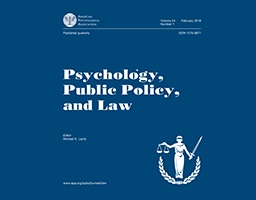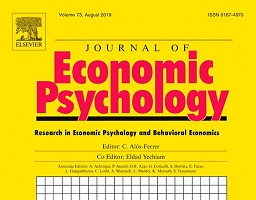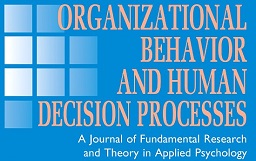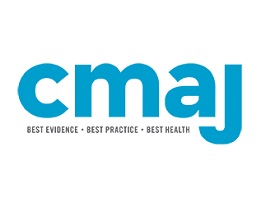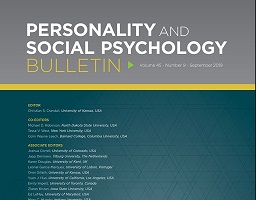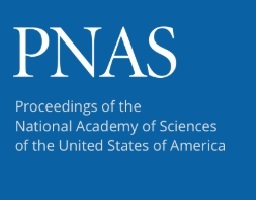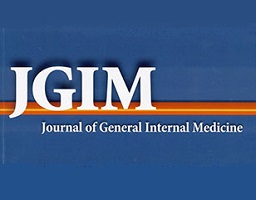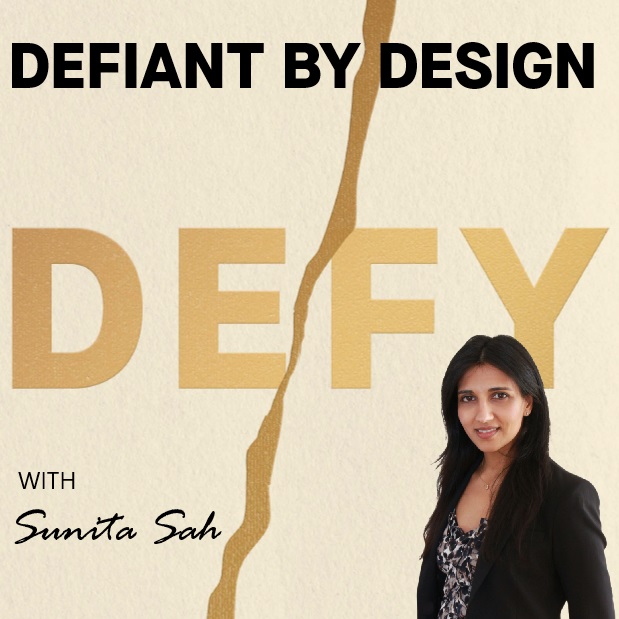Conflict of interest disclosure with high quality advice: The disclosure penalty and the altruistic signal.
Abstract Advisors often have conflicts of interest: a potential clash between professional responsibilities and self-interests. Disclosure—informing advisees of the conflict—is a common policy response to manage such conflicts. However, extant research on disclosure has often confounded disclosure with poor-quality advice. In this article, we explore whether laws requiring conflict of interest disclosure damage the advisor–advisee […]
